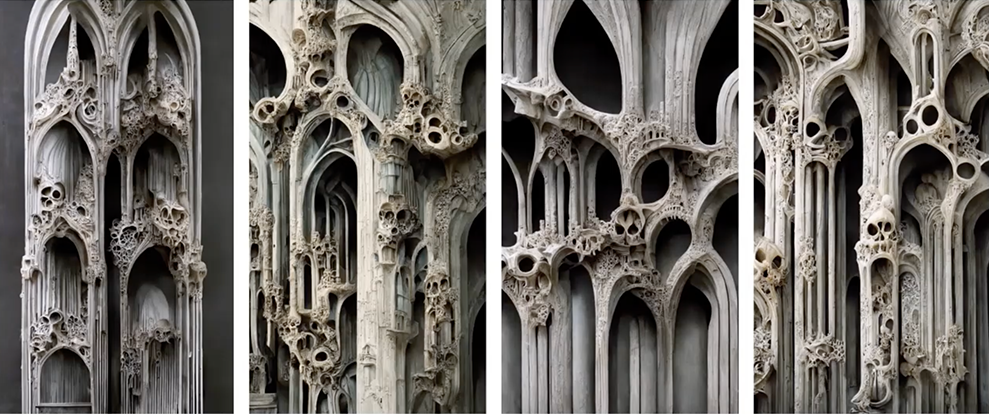Difference between revisions of "Material Based Computational Design Strategies"
Abel Maciel (talk | contribs) |
|||
| Line 8: | Line 8: | ||
| − | [[File: | + | [[File:DCIO2022_S4-0_D-White.png|center|800px]] |
Latest revision as of 21:41, 18 April 2023
DC I/O 2022 Keynote by Dustin White. https://doi.org/10.47330/DCIO.2022.NGWC1201 | Watch
Abstract
The lecture outlines the past five years of a research-based design practice with an interest how technology, craft, and materials come together in ways that explore the boundaries between design, architecture, and other disciplines. Specifically, the pedagogy of material based computational strategies supporting the integration of form, material, and structure by incorporating physical form- finding strategies with digital analysis and fabrication processes. In this approach material often comes before shape, with material explorations as the premise for making and fabricating, and design decisions that emerge from the results of the material experiments and testing. The work produced by my students and myself seeks to challenge digital technology and fabrication to further the relationship of material to machine and material to design. With the intent to develop and employ novel software techniques that aid in the translation from the virtual world to the physical medias we engage through craft and technology to hybridize design and making. The work presented varies in scale, technique, method, intent, and fabrication processes but is fascinated with thinking though material-based computational design strategies.
Keywords
Machine Learning, Digital Fabrication, Design Theory
